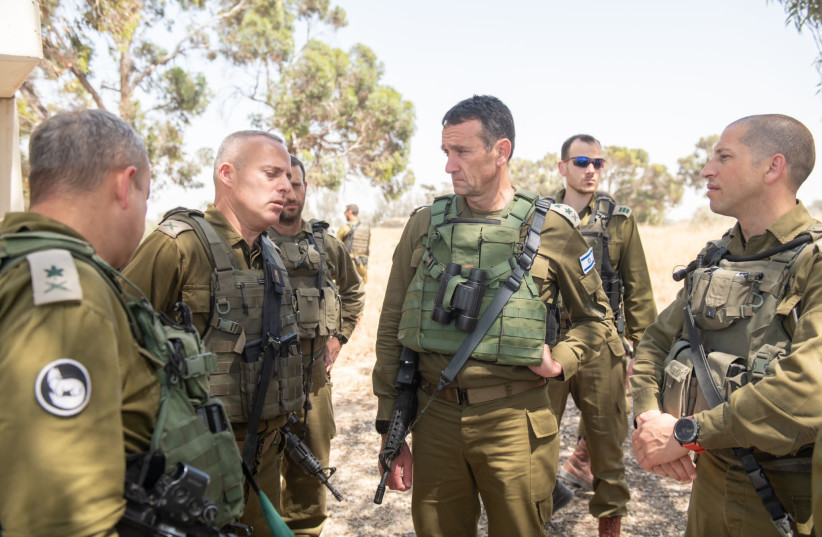A senior defense source on Thursday denied that Israel has ever agreed to cease targeted killings against Islamic Jihad as part of ceasefire talks over the current conflict with Gaza.
By late afternoon Wednesday, there was an avalanche of media leaks that a ceasefire had been agreed to and would go into effect at 9:00 p.m.
Even after Islamic Jihad increased its rate of rocket fire in the hours closing in on 9:00 p.m., many commentators said this was just part of the terror group trying to get in its last shots before the ceasefire deadline in order to look tough.
However, Islamic Jihad kept firing rockets until nearly midnight.
Around 1:00 a.m. Thursday, the IDF killed another of the group's top leaders, only two days after killing three of its other top leaders.

Clashes continue at lower levels on Thursday
By late Thursday morning, the sides were firing on each other again, albeit at somewhat lower levels than earlier in the conflict.
Stories started to emerge about negotiations over whether Israel would commit to ceasing targeted killings of top Islamic Jihad commanders in exchange for a ceasefire.
The latest comment by the top defense official suggests that Israel's rejection of such a condition was not only firm, but that it will continue to be firm, since it is making the issue explicit and public.
